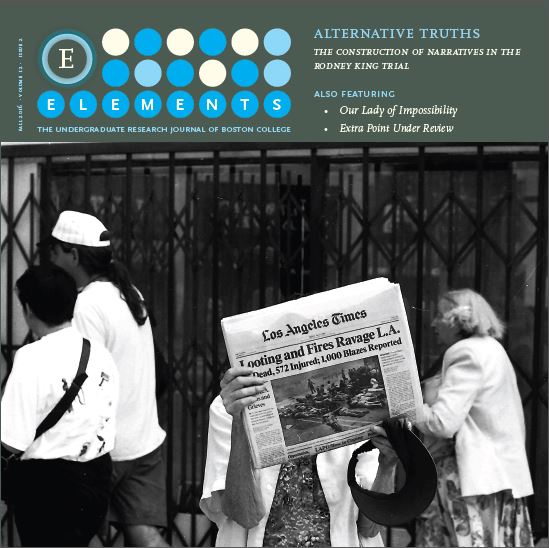Dreams and Sexuality: A Psychoanalytical Reading of Klimt's Beethoven Frieze
DOI:
https://doi.org/10.6017/eurj.v12i2.9377Keywords:
Gustav Klimt, Psychoanalysis, Philosophy, Vienna Secession, Fin-de-siècle, ViennaAbstract
This essay presents a philosophical and psychoanalytical interpretation of the work of the Viennese Secession artist, Gustav Klimt. The manner of depiction in Klimt’s paintings underwent a radical shift around the turn of the twentieth century, and the author attempts to unveil the internal and external motivations that may have prompted and contributed to this transformation. Drawing from Friedrich Nietzsche’s The Birth of Tragedy as well as Sigmund Freud’s The Interpretation of Dreams, the article links Klimt’s early work with what may be referred to as the Apollonian or consciousness, and his later work with the Dionysian or the subconscious. It is then argued that the Beethoven Frieze of 1902 could be understood as a “self-portrait” of the artist and used to examine the shift in stylistic representation in Klimt’s oeuvre.Downloads
Published
2016-11-13
How to Cite
Flythe, B. R. (2016). Dreams and Sexuality: A Psychoanalytical Reading of Klimt’s Beethoven Frieze. Elements, 12(2). https://doi.org/10.6017/eurj.v12i2.9377
Issue
Section
Articles
License
Copyright (c) 2016 Benjamin Richard Flythe

This work is licensed under a Creative Commons Attribution 4.0 International License.

